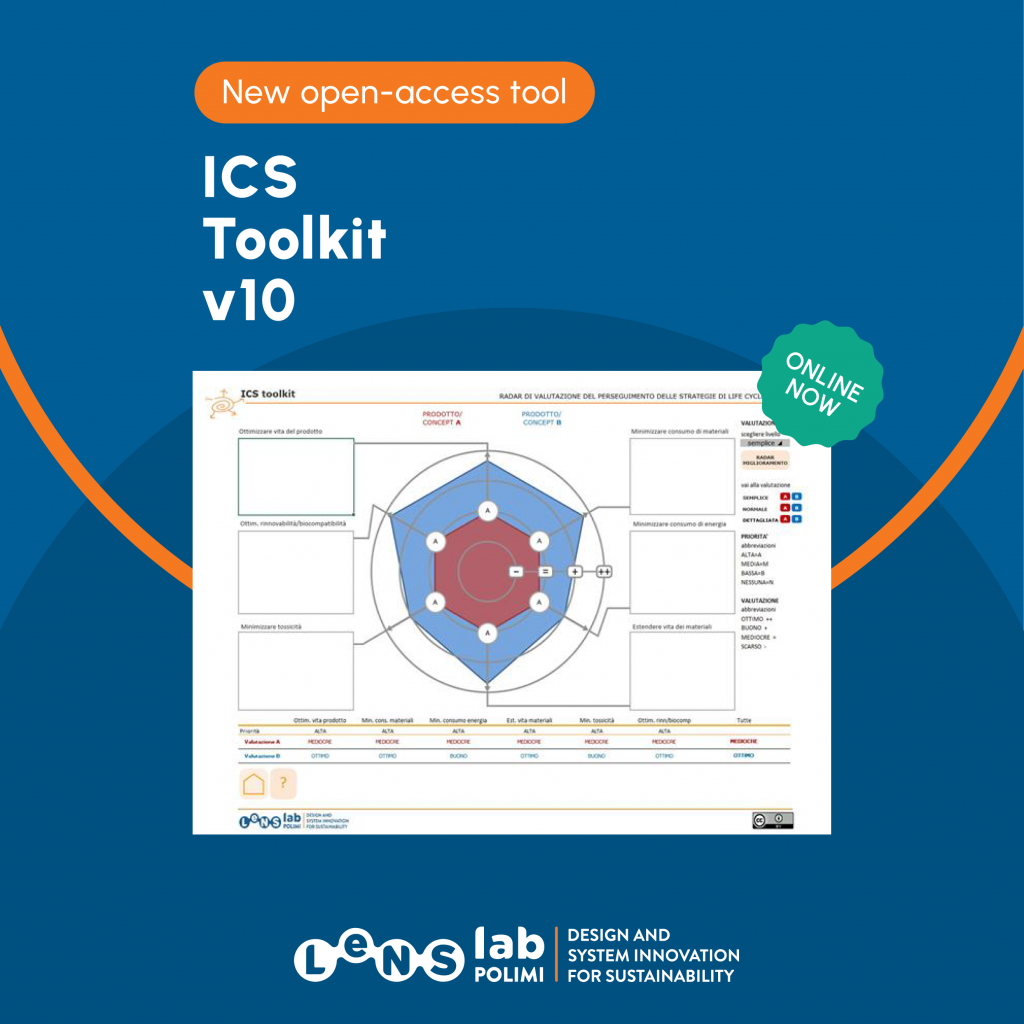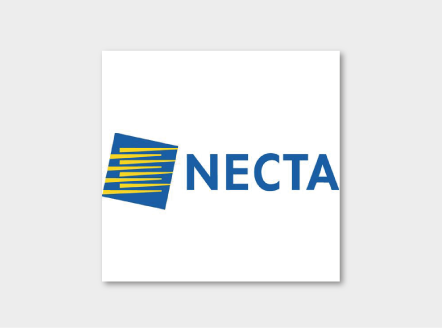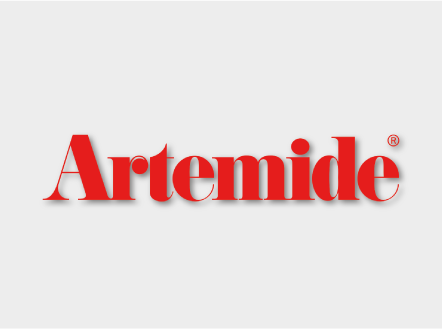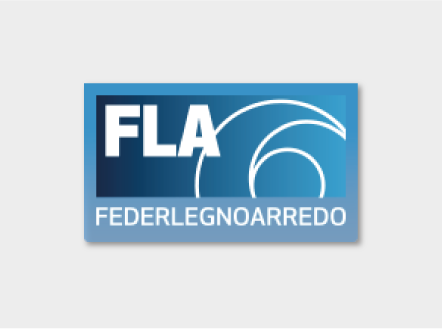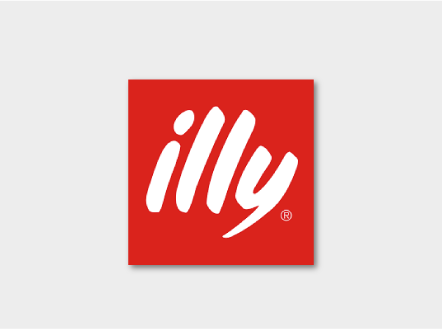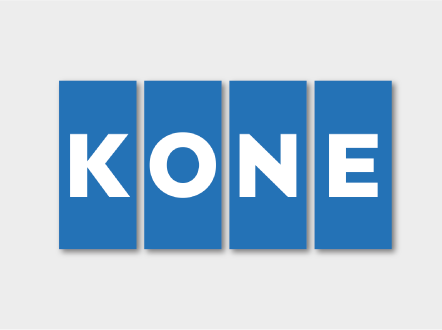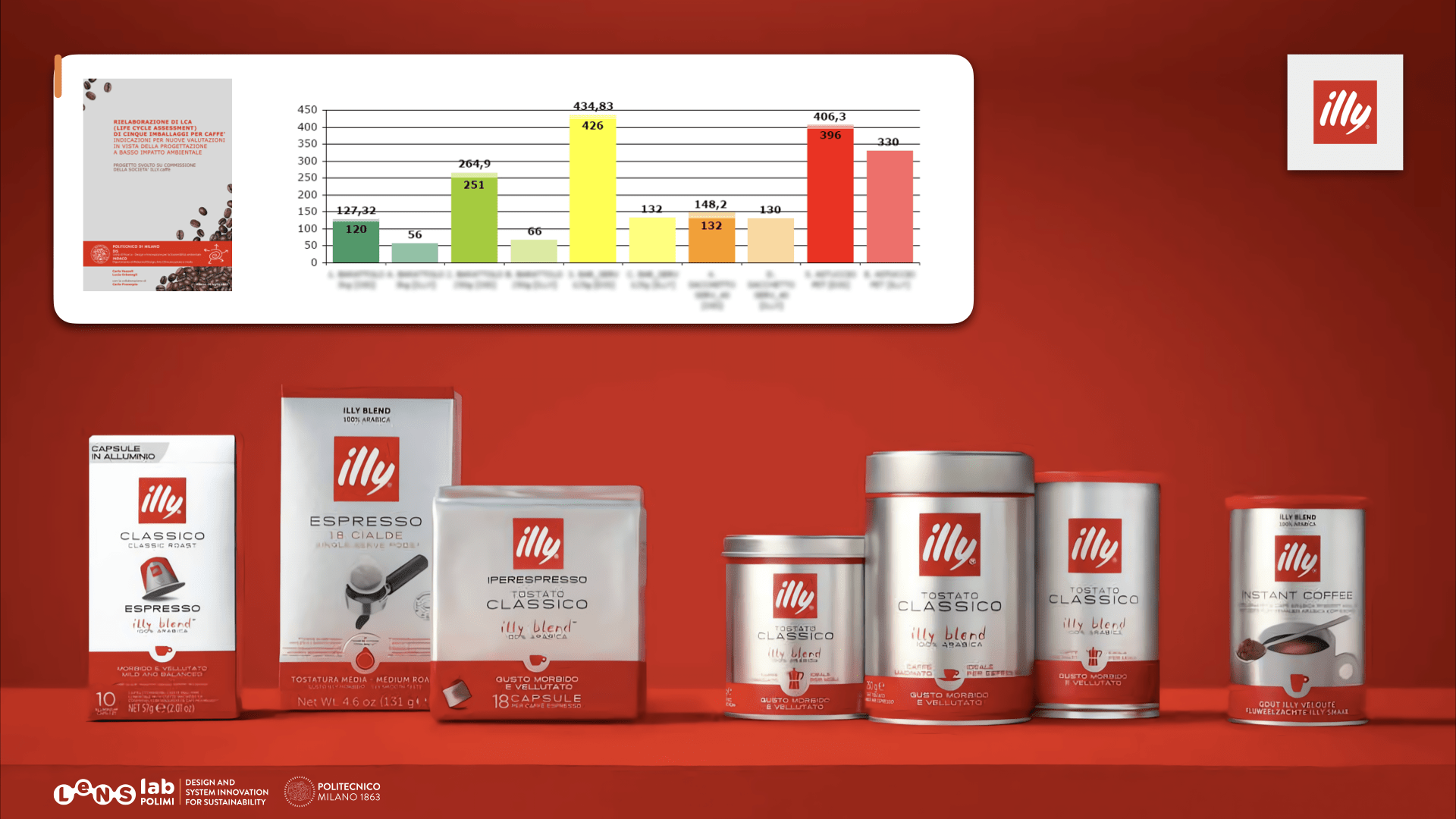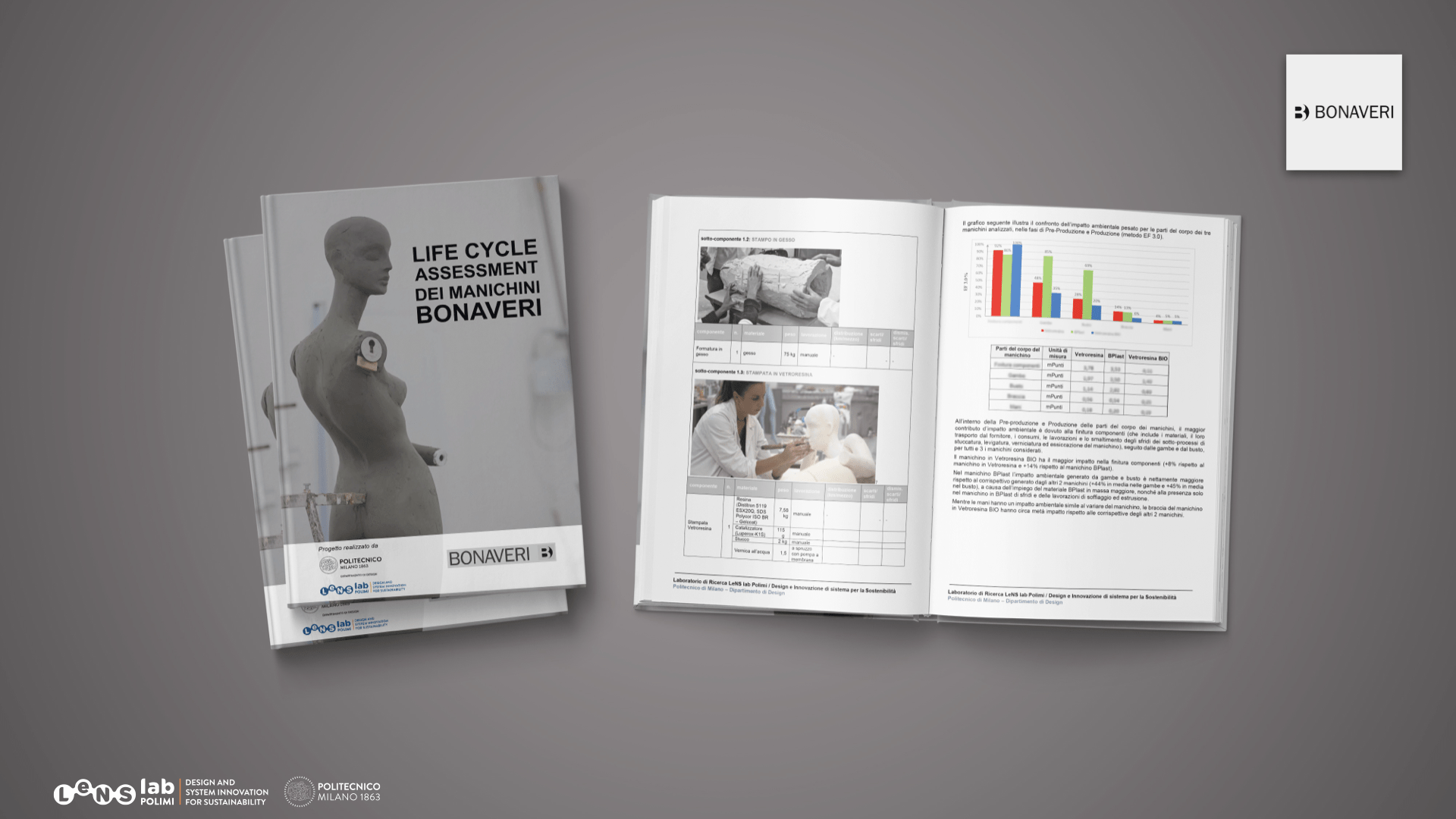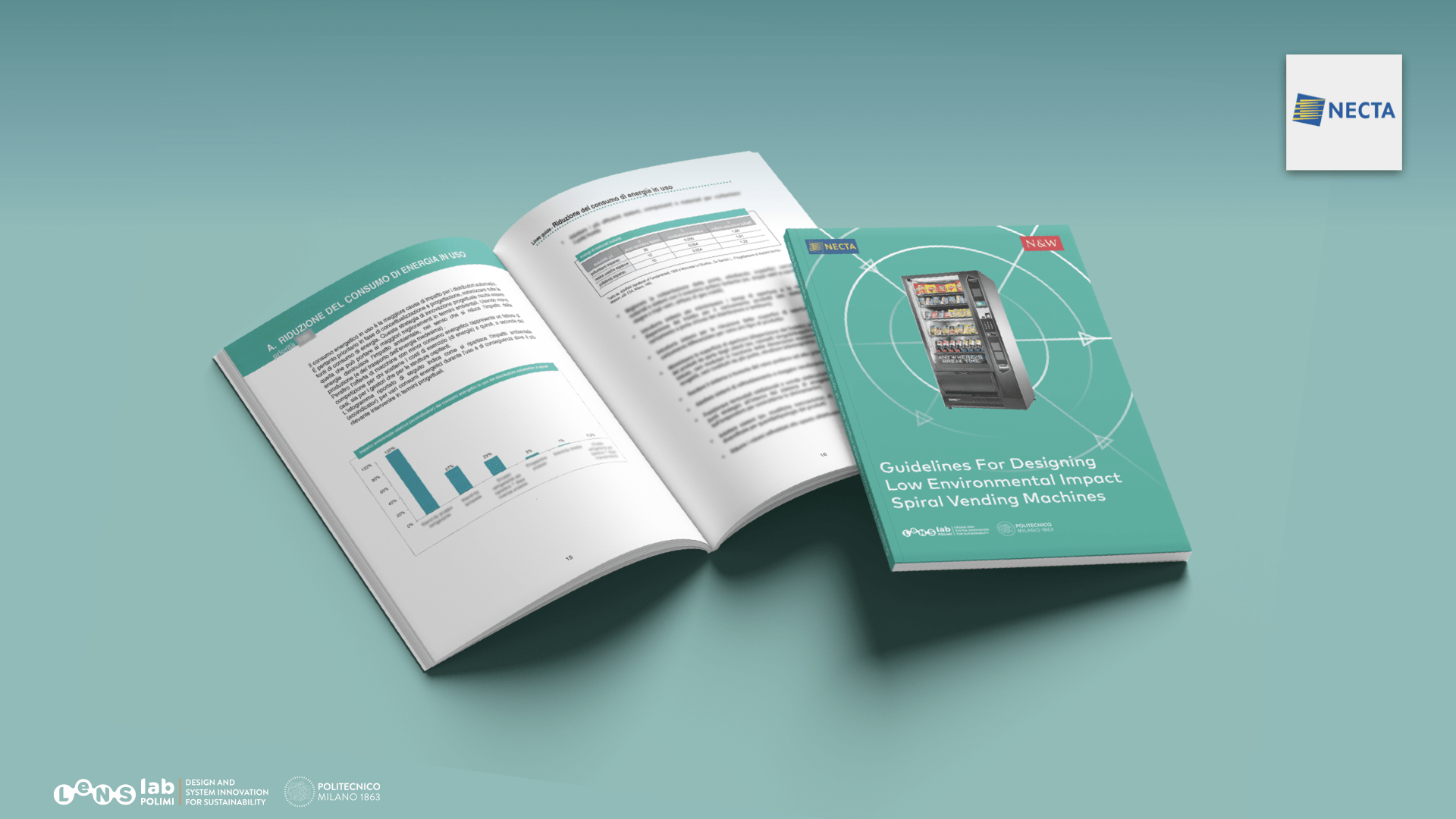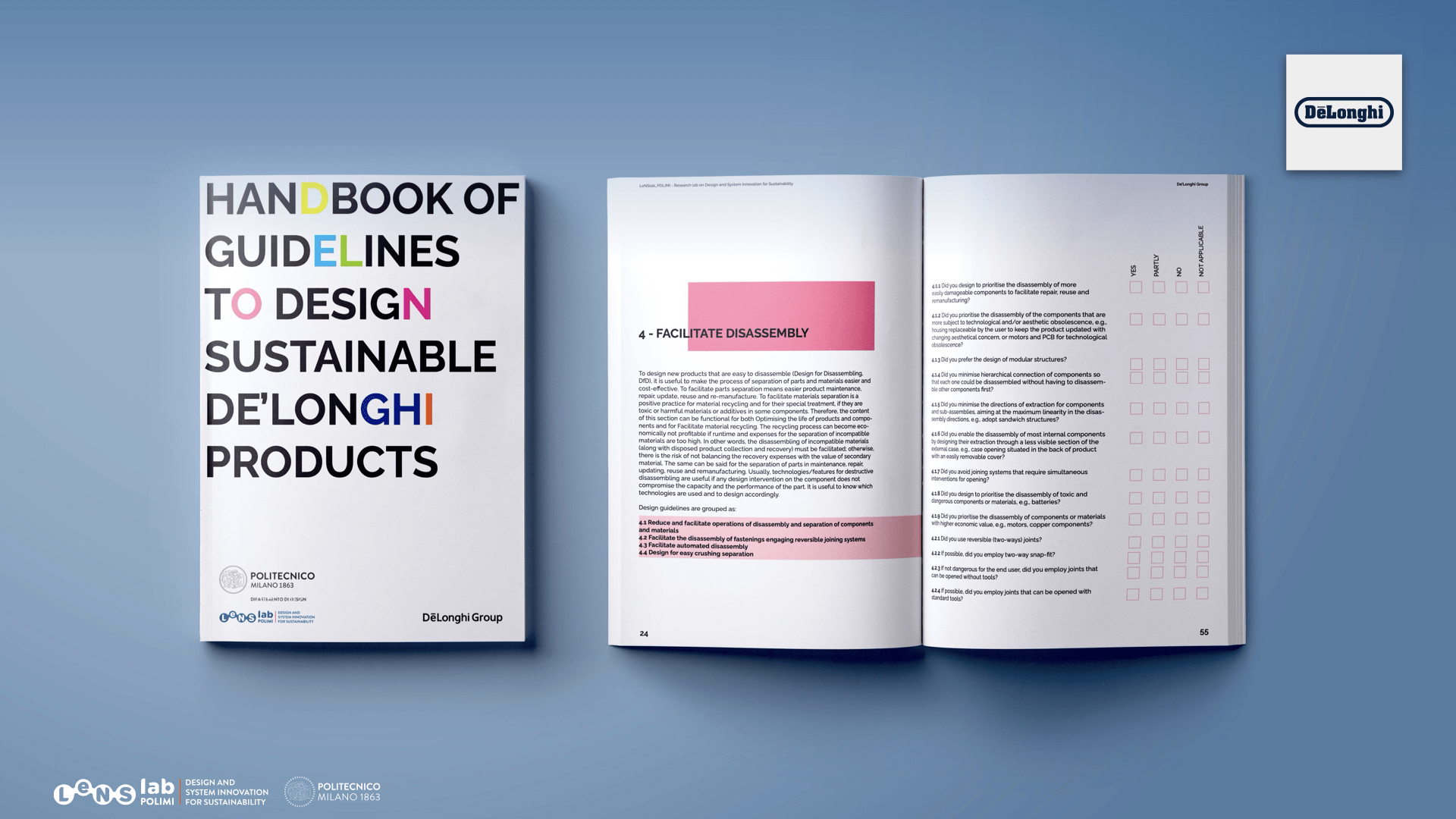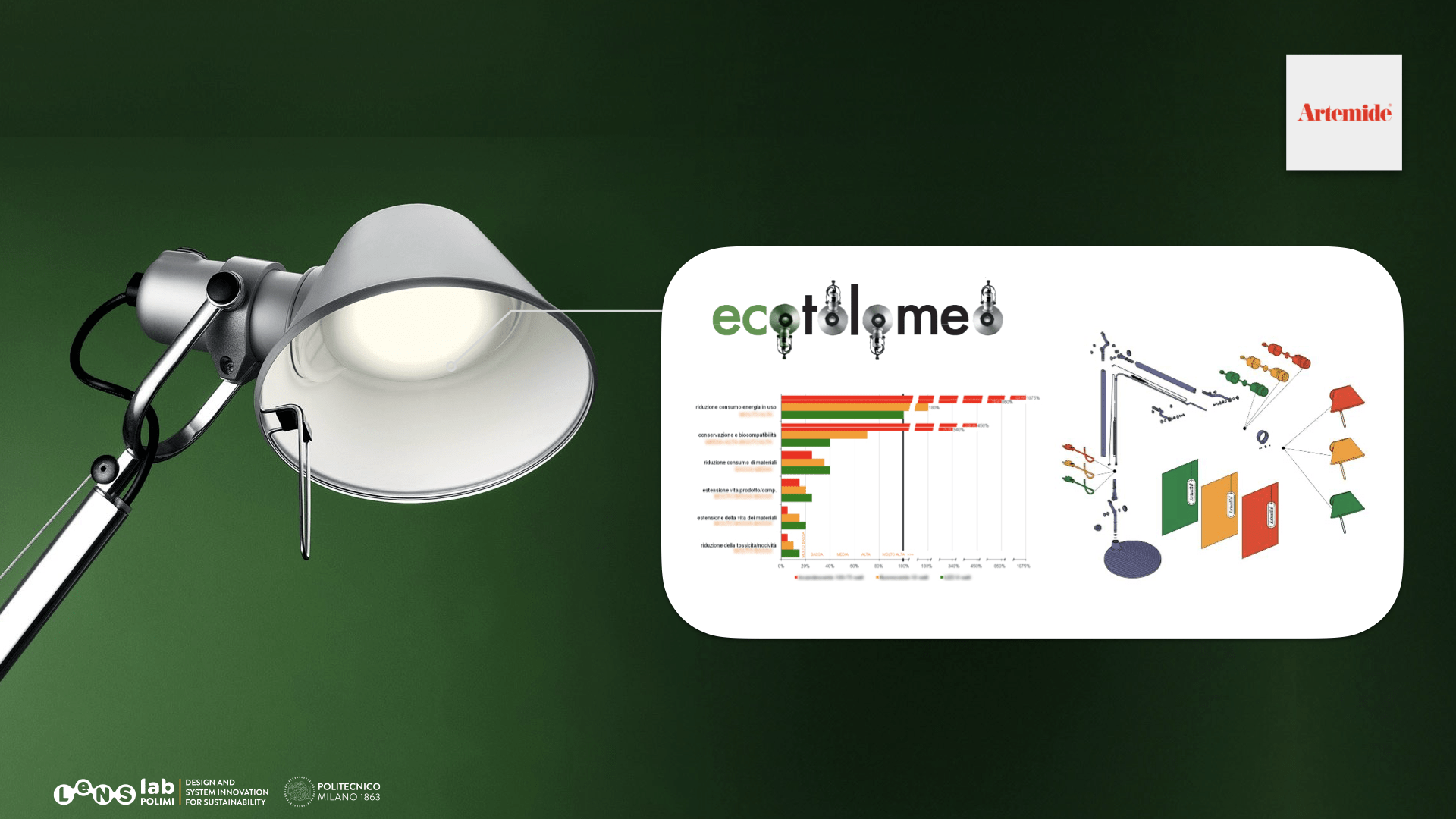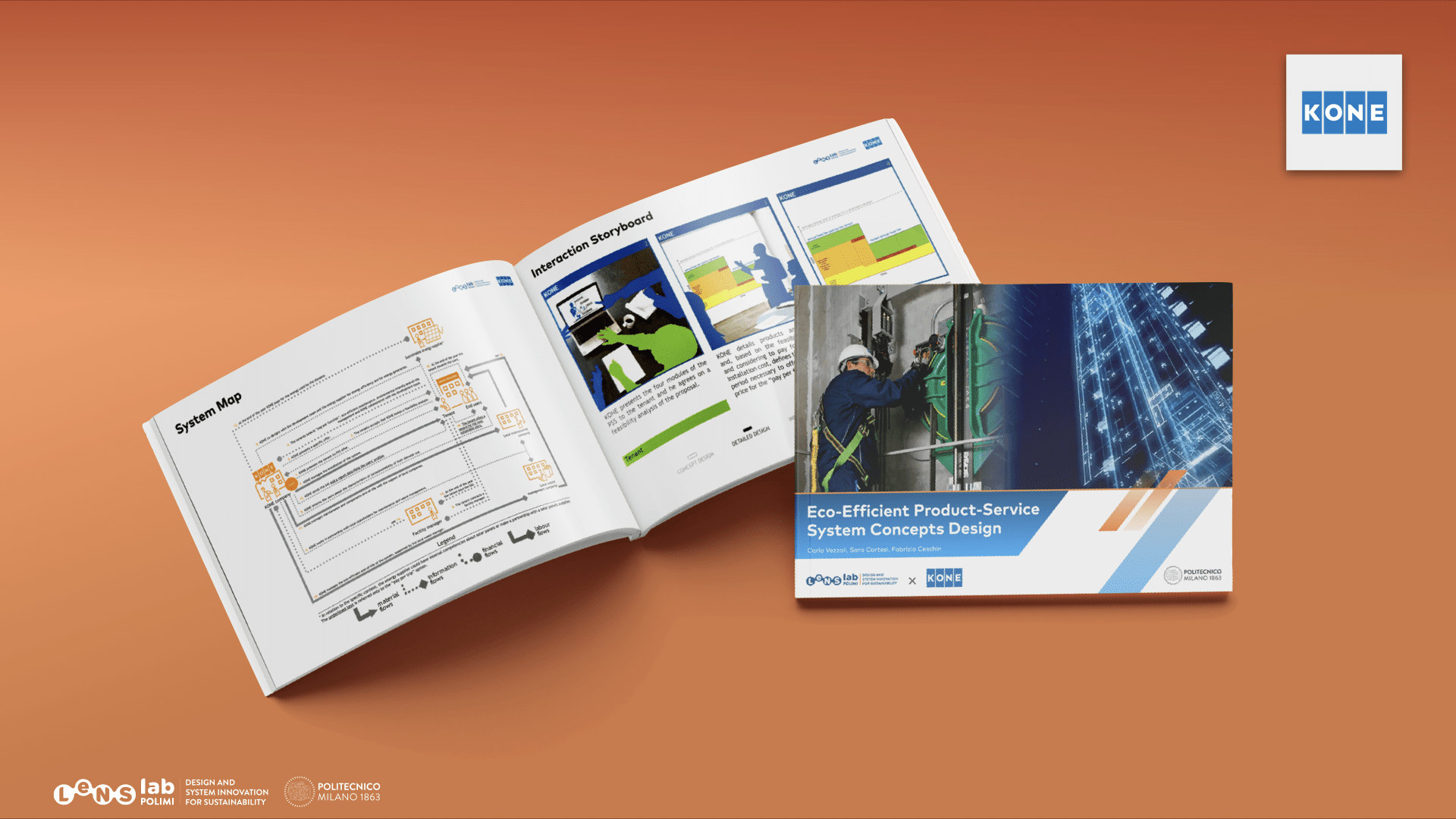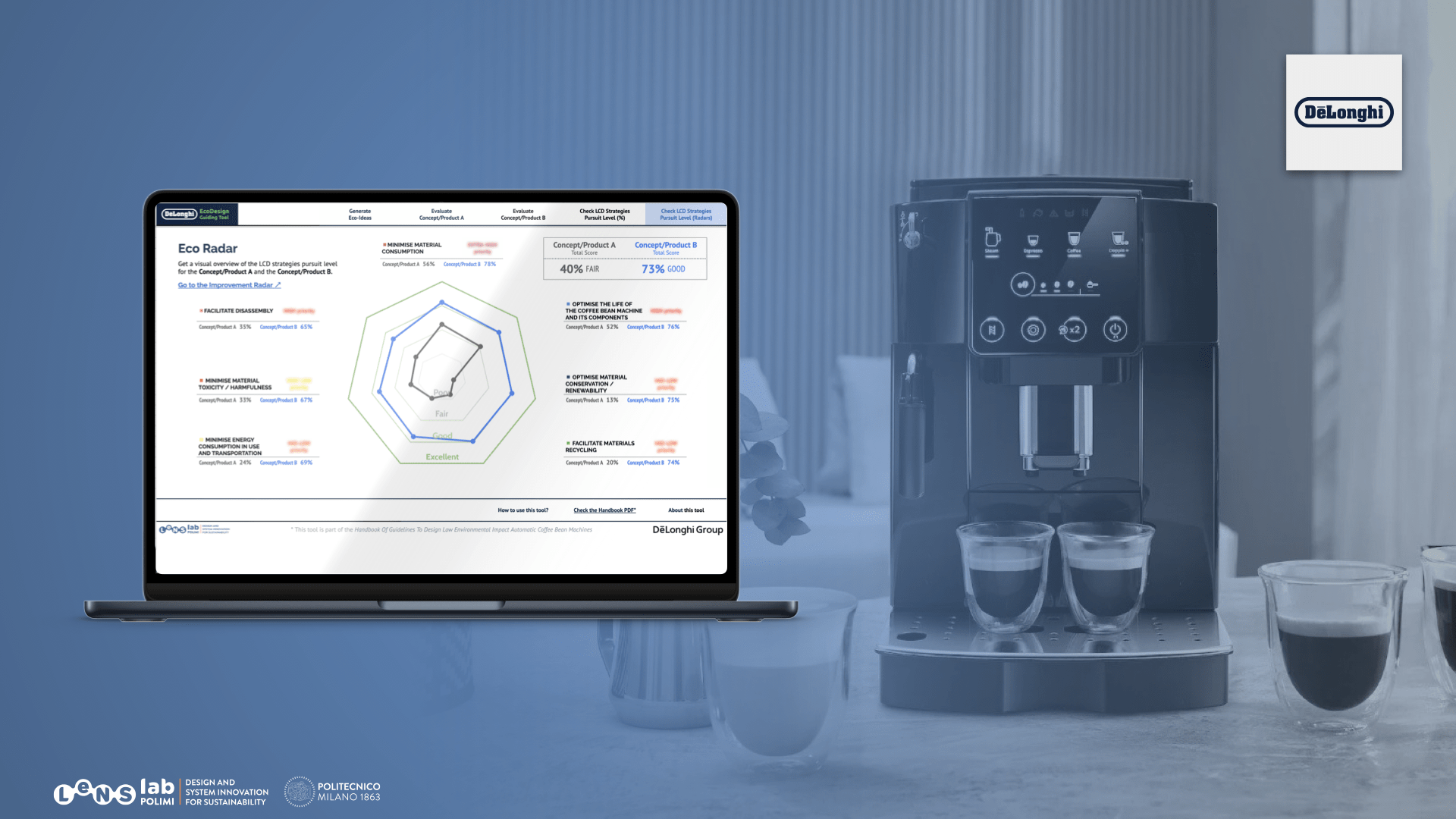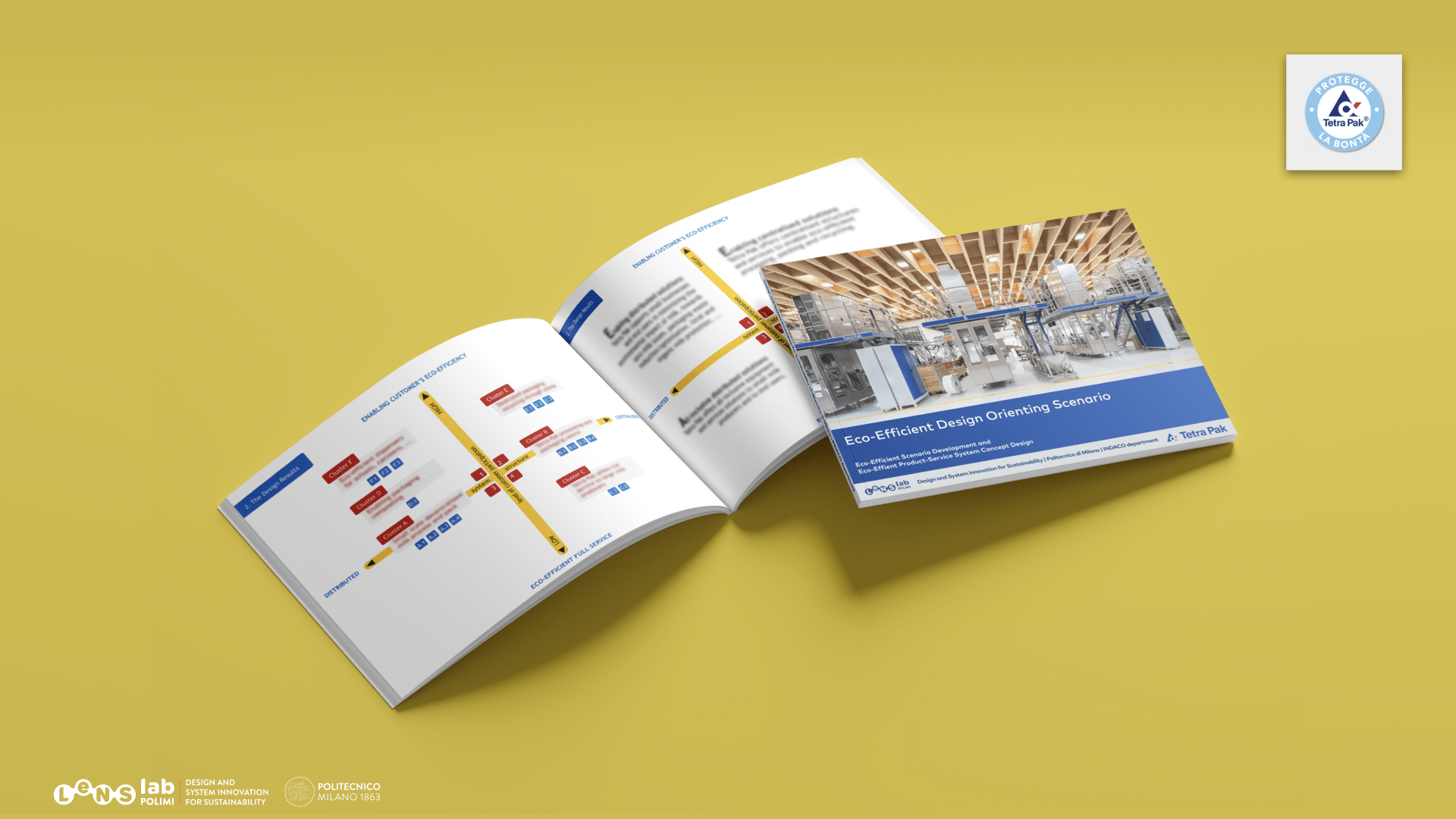Over 25 years of experience on research
and higher education about Design and System Innovation for Sustainability
The Lab
LeNSlab Polimi is a Research Lab coordinated by Professor Carlo Vezzoli, active within the Design Department of Politecnico di Milano university for more than twenty years, working with research and educational activities focused on design and system innovation for sustainability.
The LeNS Network
LeNSlab Polimi is part of the Learning Network on Sustainability, an international network of Higher Education Institutions aimed at the development and the diffusion of the design for sustainability discipline in worldwide research agenda and curricula with a multipolar, open access ethos.

Our research focuses on advancing the theory and practice of design for sustainability. We investigate topics such as Ecodesign (Life Cycle Design), Sustainable Product-Service Systems offer models, and design for Distributed Economies, contributing to both academic knowledge and real-world impact.
Know More
Since 1997, LeNSlab Polimi has delivered applied research projects and consultancies in Design for Sustainability, helping organisations develop products and offer models with a low environmental impact. Past clients include both SMEs and large organisations like KONE, De’Longhi, Illy etc.
Know More
LeNSlab Polimi pioneered the introduction of Design for Sustainability at Politecnico di Milano, and has developed hundreds of open-access resources, including courses, guidelines, tools, etc, empowering students, professionals, and organisations to adopt sustainable design practices.
Know More
LeNSlab Polimi features a multidisciplinary core team, bringing together professors and researchers from the Design Department of Politecnico di Milano, with expertise spanning product, fashion, interior, communication, and product-service system design.
Know More
Consulted Organisations
© 2025 LeNS Lab








